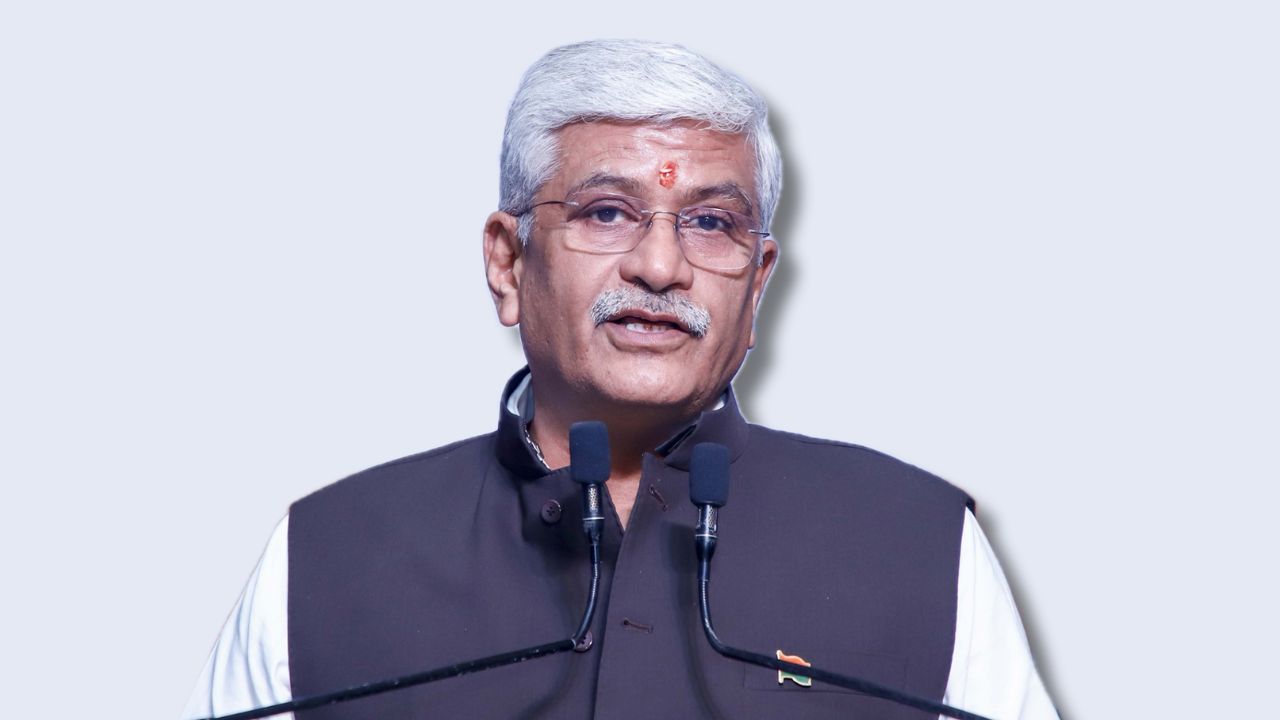The minister’s comments follow the Archaeological Survey of India’s controversial decision to ask Archaeologist K Amarnath Ramakrishna to revise and resubmit his report on the excavation’s findings, two years after his original submission.
Published Jun 10, 2025 | 7:03 PM ⚊ Updated Jun 10, 2025 | 7:03 PM

Keezhadi has emerged as one of India’s most significant archaeological sites since excavations began in 2016.
Synopsis: Union Culture Minister Gajendra Singh Shekhawat on Monday insisted that the Keezhadi excavation report requires stronger scientific backing before official recognition, alleging the findings are being politicised. In response, Tamil Nadu Finance Minister Thangam Thennarasu accused the Union government of deliberately undermining Tamil history.
Union Minister of Culture Gajendra Singh Shekhawat has stated that the Keezhadi excavation report cannot be officially accepted without further supporting evidence.
“The reports being referred to are not yet backed by sufficient scientific evidence. A lot of work is still pending before any formal certification can be granted to the excavation team’s conclusions,” he told reporters in Chennai on Monday, 9 June.
“You cannot acknowledge a claim based on just one aspect.”
The minister’s comments follow the controversy over the Archaeological Survey of India’s decision to ask Archaeologist K Amarnath Ramakrishna, who led the excavation, to revise and resubmit his report, two years after his original submission.
He further alleged that the report is being politicised.
“You cannot let a single finding rewrite history. Some are using this to stoke regional sentiments, and that is not right. We must approach these matters with objectivity,” he said.
“Let researchers present more evidence, more data, more truth. Only then can decisions be made. These are matters for the scientific community – not politicians.”
Reacting sharply to Shekhawat’s remarks, Tamil Nadu Finance Minister Thangam Thennarasu accused the Union government of systematically undermining Tamil history.
“They first claimed there was nothing at Keezhadi. Then they transferred the investigating officer. Later, they said they would no longer allocate funds. Finally, they shelved the submitted report for two years. Now they say the evidence is insufficient. Rejecting Tamil history seems to be a routine for them; only the excuses keep changing,” he said.
“Even when global scientific research acknowledges the Tamils as a 5,350-year-old civilisation – technologically advanced and culturally rich – why does the Union government hesitate to accept this? Is it driven by an insatiable desire to keep Tamils as second-class citizens?”
Thennarasu maintained that historical truths cannot be suppressed by political manoeuvring.
“Do not forget: history and its truths will not wait for your petty politics. They belong to the people and will reach them. Does closing a cat’s eyes make the world go dark?”
Located in Tamil Nadu’s Sivaganga district, Keezhadi has emerged as one of India’s most significant archaeological sites since excavations began in 2016.
Over 8,000 artefacts, including pottery, tools, script-bearing artifacts, and structural remnants, that were unearthed suggest revealed the existence of a sophisticated urban civilisation in South India, dating much earlier than previously thought.
In 2017, carbon dating of charcoal found at the site confirmed that the settlement was from 200 BC, placing it during the Sangam era – a period of Tamil history generally accepted as the golden age of Tamil language, literature and culture.
Furthemore, it provided vital evidence to suggest that the settlement had trade links with contemporary civilizations such as Rome.
In 2018, Ramakrishna, who led the excavation, was controversially transferred out of Tamil Nadu and currently serves as the ASI’s director of antiquities. However, he completed and submitted the Keezhadi excavation report in early 2023.
The subsequent delay in publishing the report and the ASI’s request for revisions in early May have drawn public attention and political criticism.
The two-year gap before the request for revisions has prompted questions over the motives behind the decision, with experts terming the move highly unusual.
At the same time, Ramakrishna has stood by his report’s conclusions.
In a written reply to Hemasagar A Naik, director (exploration and excavation) at the ASI, he rejected the call for a complete rewrite, according to The Hindu.
He described the revision request as inconsistent with the substantial evidence unearthed at Keezhadi, which he said confirms the existence of an advanced and urbanised ancient Tamil civilisation.
Amid public concern, the Press Information Bureau released a statement on 29 May denying claims that the ASI is reluctant to publish the Keezhadi findings.
“The ASI has been continuously publishing excavation reports. Given the substantial effort and investment that go into these projects, these reports are published with great care,” the statement said.
“The claim that the ASI is reluctant to publish the Keezhadi report is entirely false. Every excavation report released by the ASI undergoes thorough peer review by subject-matter experts. If revisions are recommended during this process, it is only natural for the ASI to request them.”
It further urged media outlets to “understand and respect this scientific procedure.”
(Edited by Dese Gowda)
